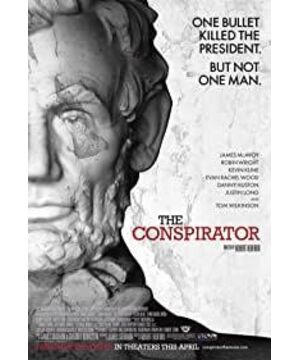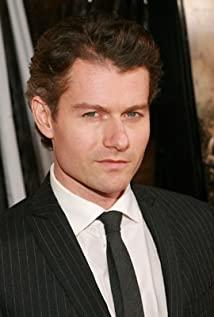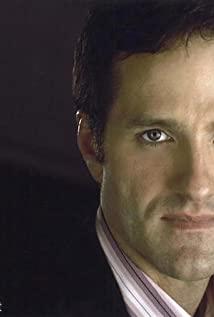The film is based on a true story and cannot create an overly dramatic plot. Then, when the moment of execution came, only Aiken was in Mary's sad eyes. Of course, she did not expect her son to come, because it was impossible. Eager to protect her calf, she didn't agree when her son wanted to sign up for the battlefield, so she understood, "I held my son too tightly and didn't give him a chance to become a man. It was revealed that he had assassinated the president. life is) to help him become a man".
At the end, Aiken comes to see him in prison when his son is caught 16 months after his mother's death. For such a son, Aiken had nothing to say, but just handed back his mother's relics to the still young boy in front of him. The boy said ashamed: you stay, you are more of this mother's son than me.
Aiken is oriented towards Lincoln, whether from a war hero or a lawyer background, and his reluctance to defend Mary is clear from the beginning of the film. He also had doubts about Mary, so he didn't, never said she was innocent. Then, he insisted on the most basic principles of justice and legal process as a lawyer, even when he went to challenge the mainstream of society like Don Quixote, he did not back down. He did the best he could for the task he accepted.
And what about the son? He knew that the government would not kill his mother as long as he showed up. He also knew that his mother would rather die than confess to him, so even if Aiken gave him the news, he backed away. Of course, the US government is very loyal enough to exchange life for another life, so his mother really used death in exchange for it. his life.
Does he love his mother? I love him, so he will ask his sister to burn the photo, so as to avoid danger, but unfortunately, as a willful little man who wants to pursue freedom but is unable to take responsibility for all the influences brought by his pursuit process ( Big boy), his love is so fragile and lacking in strength, when he needs to step up, can he do it? ? ?
Mom has only one life.
The slogan of the North American website is: A bullet hits the president, but not a man.
Not everyone has a rite of passage like Aiken. Maybe, more people may not have really experienced adulthood? In this increasingly affluent society, even if everyone is not necessarily so rich and happy in spirit?
Your adult, who is with you?
View more about The Conspirator reviews











